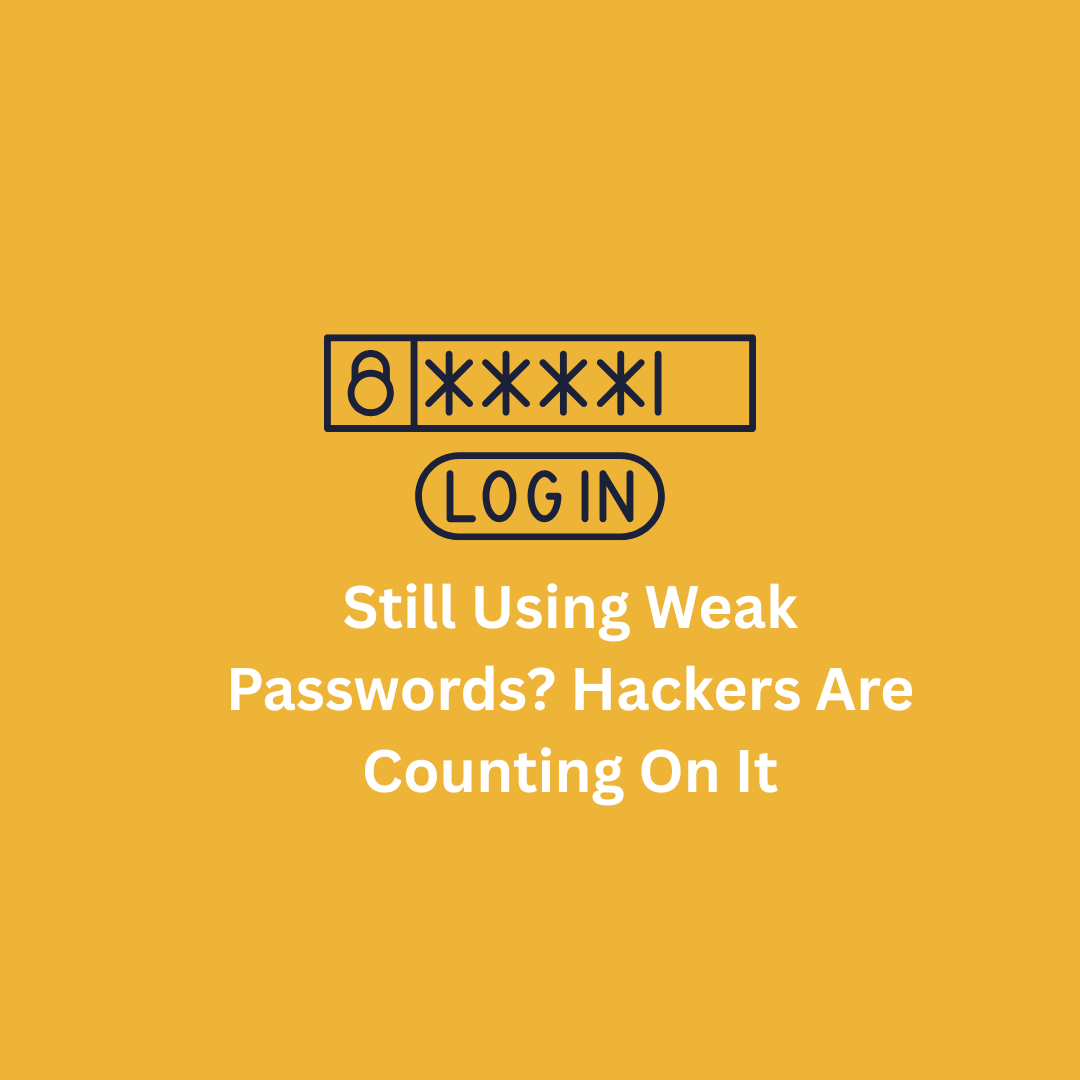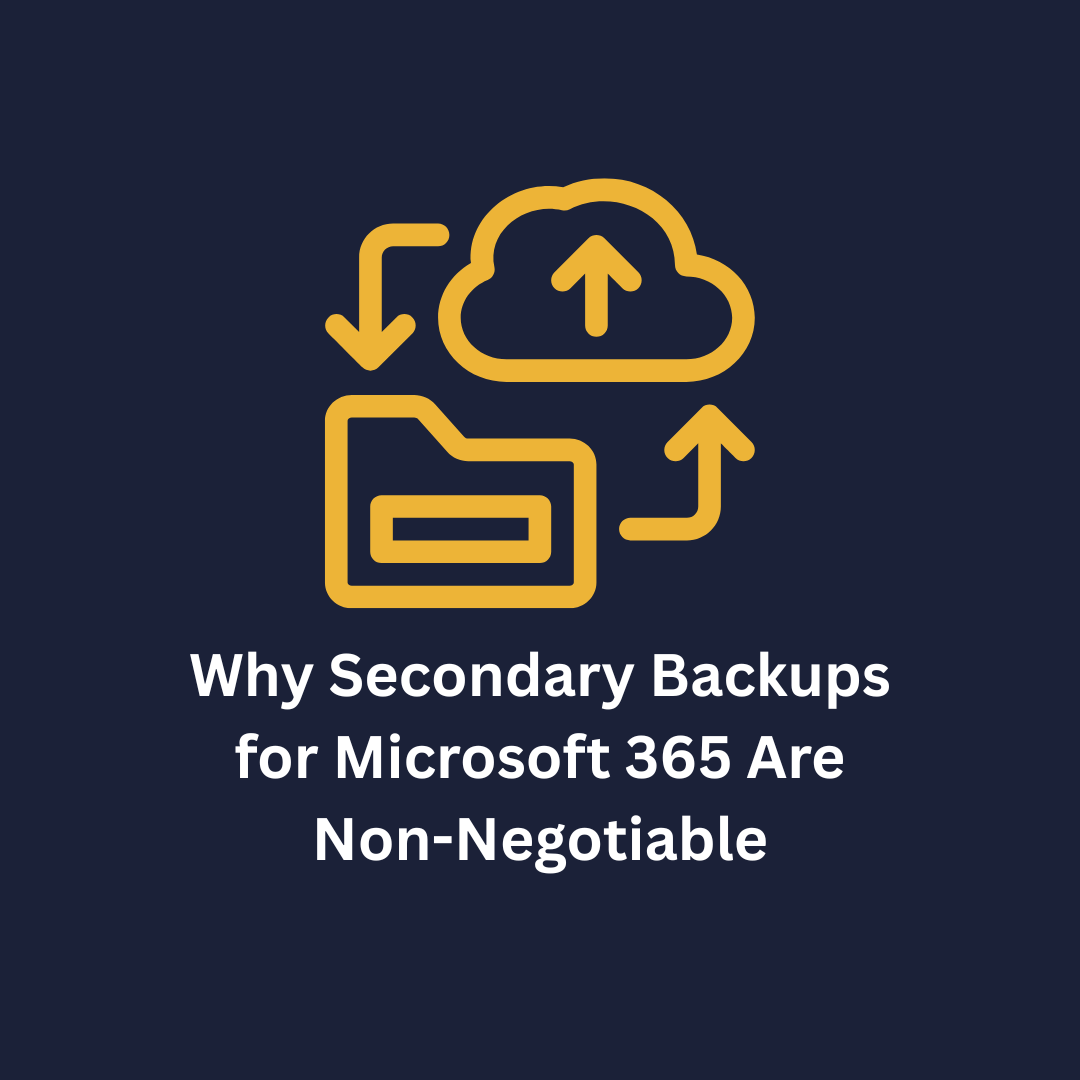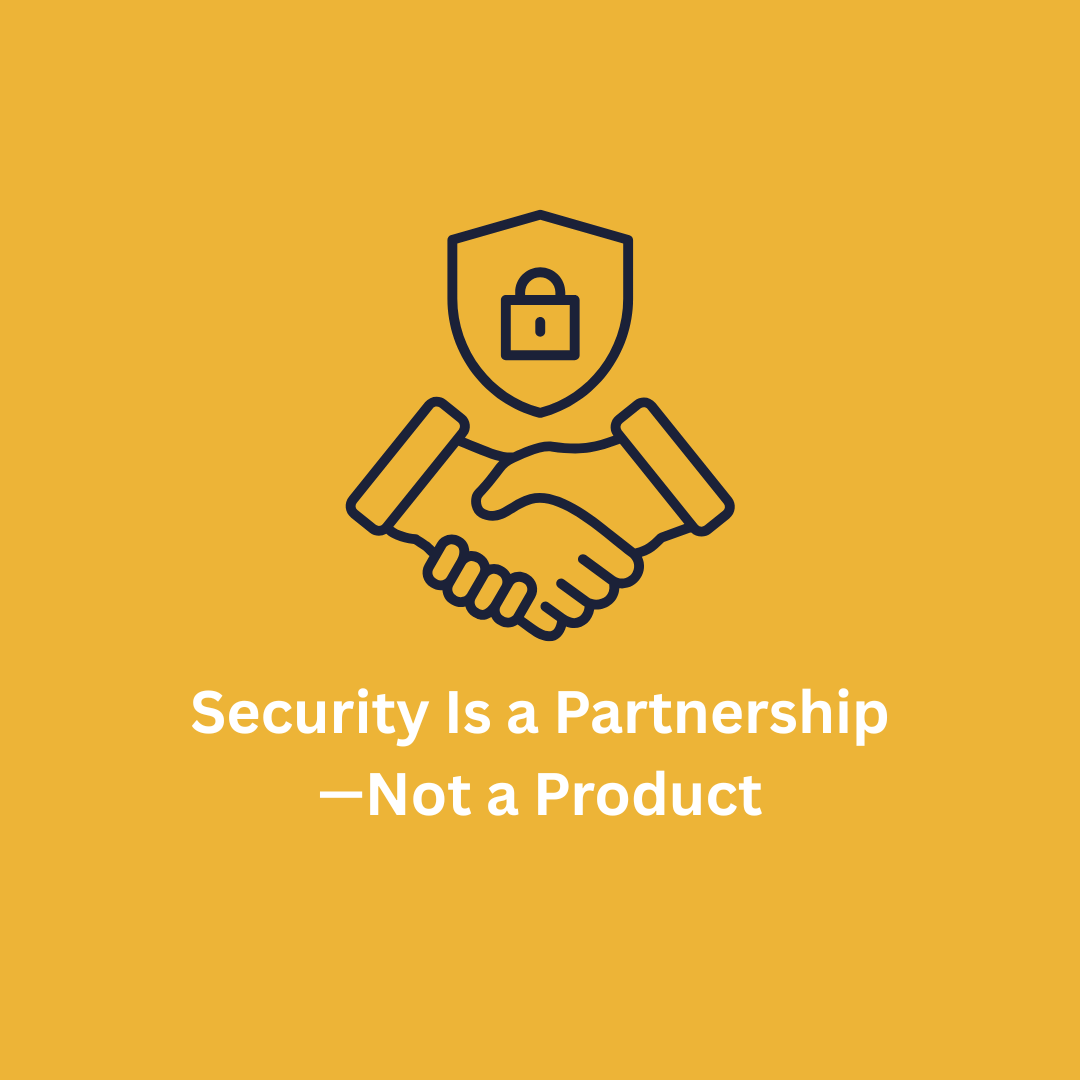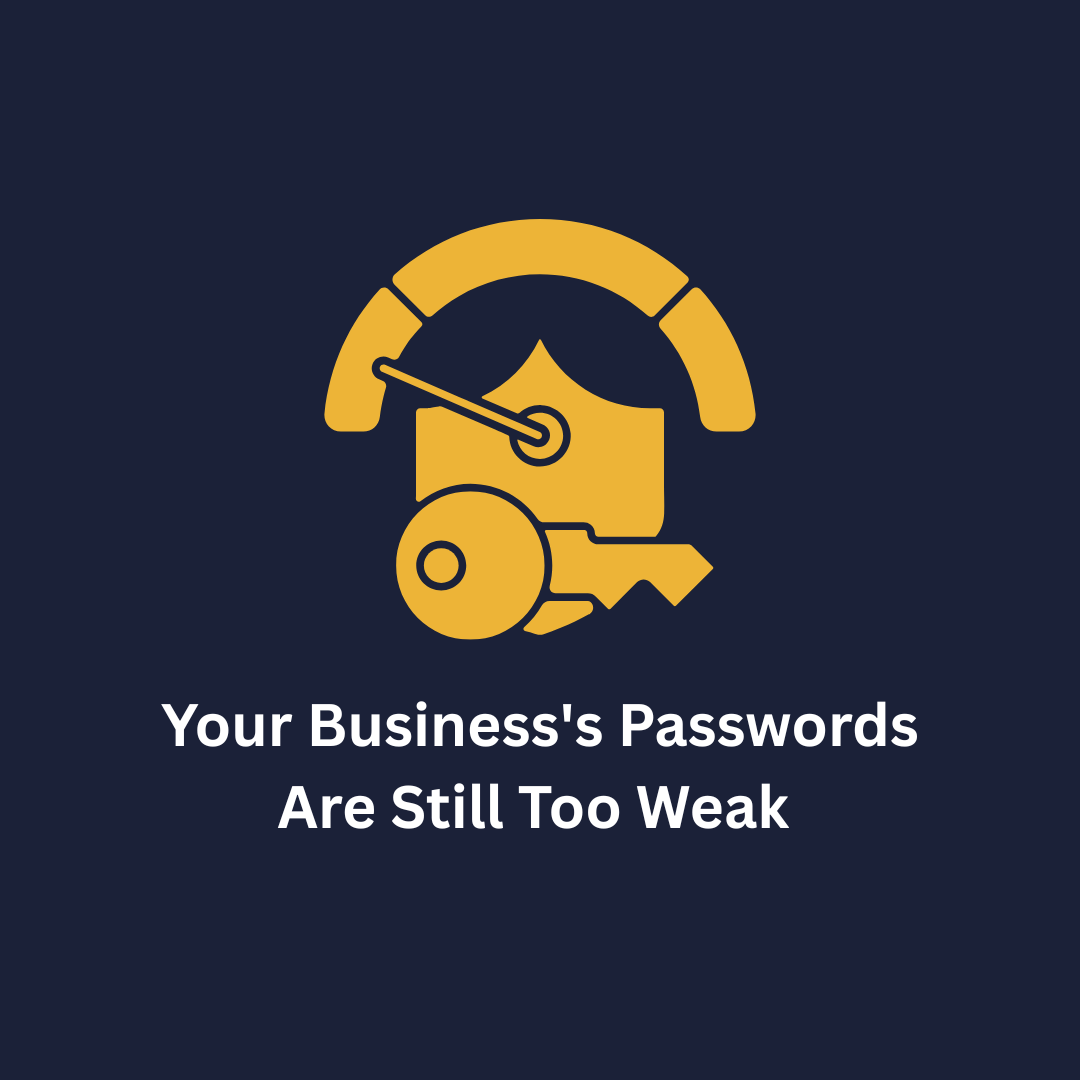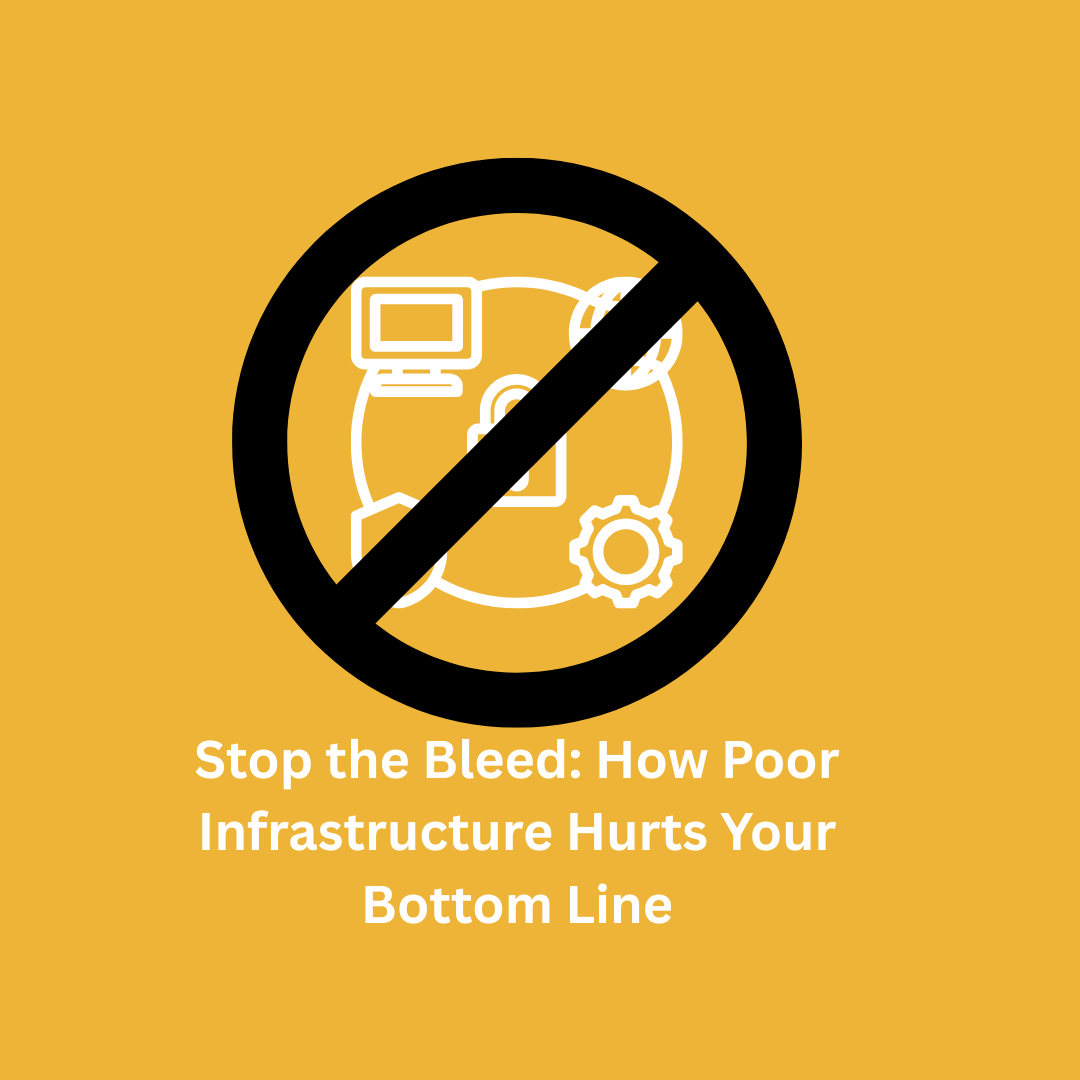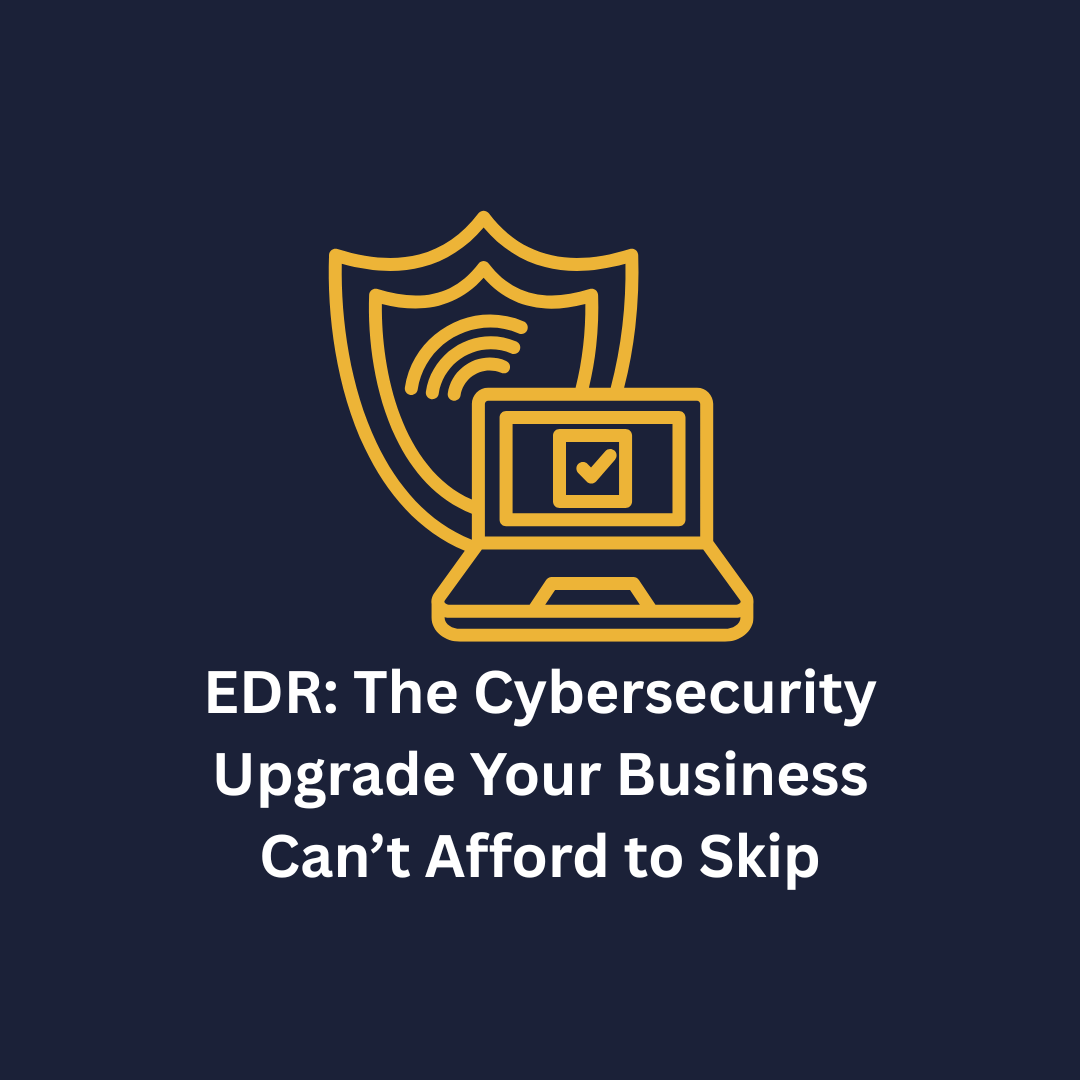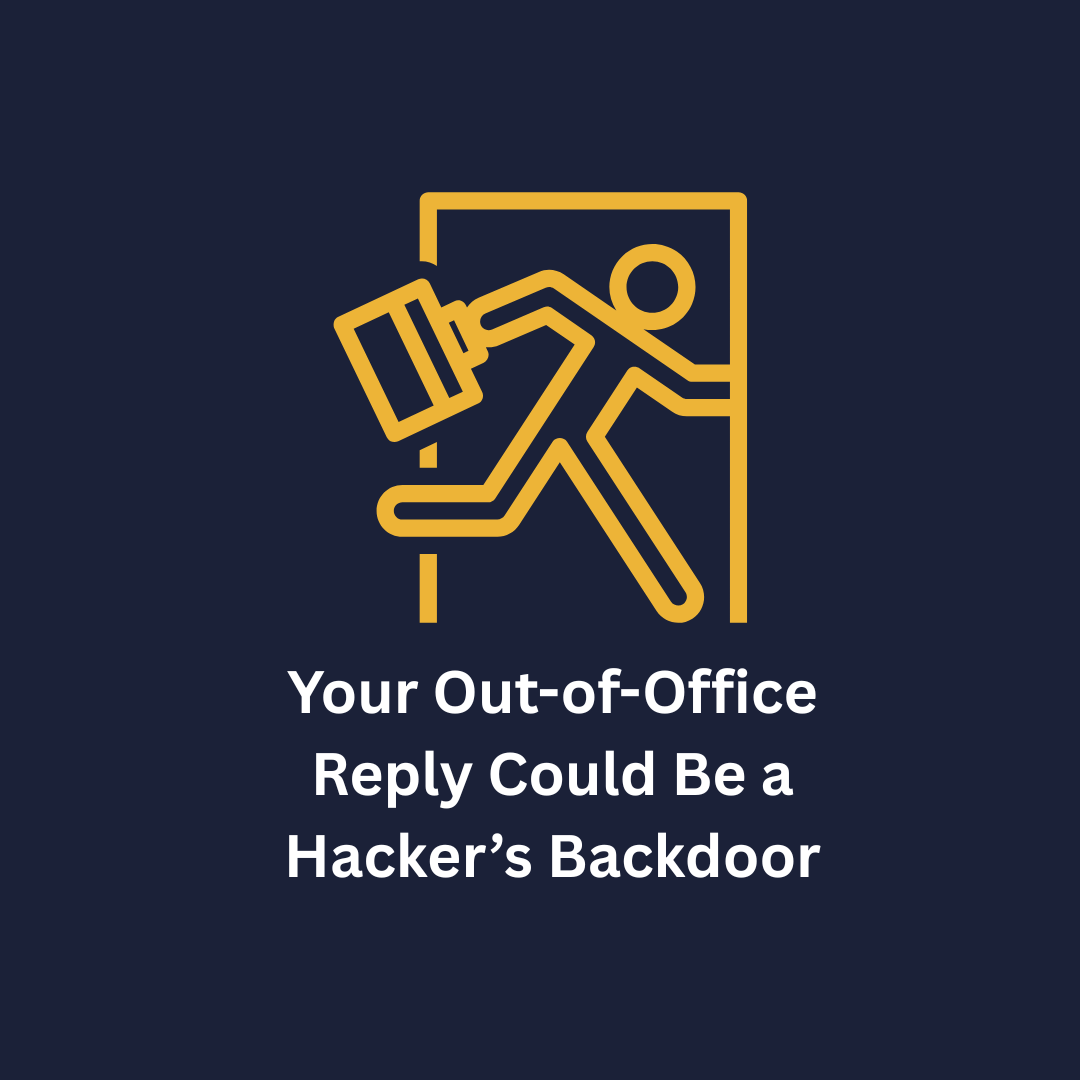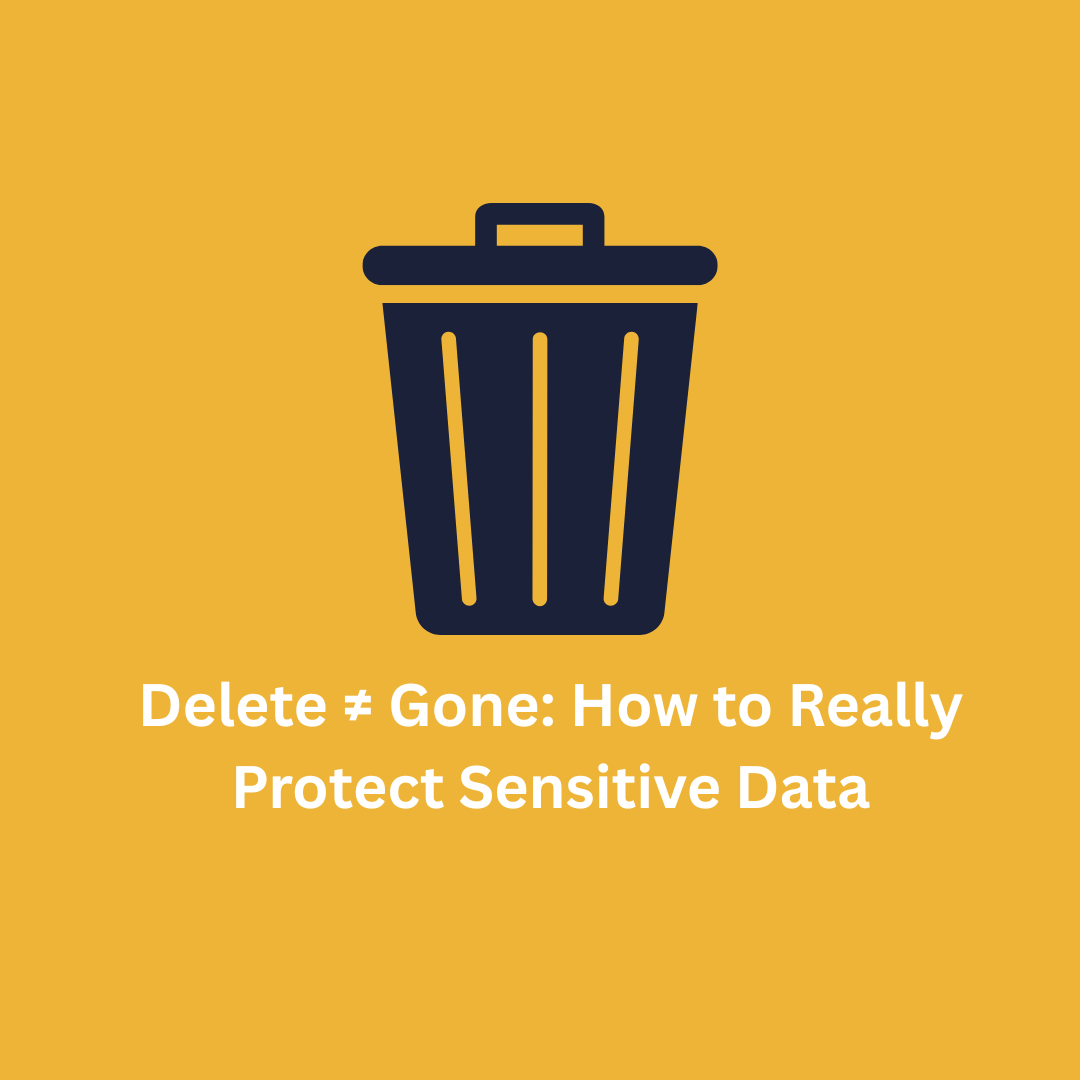What Is a VPN?
A VPN or Virtual Private Network connects your PC, smartphone, or tablet through a VPN Provider’s server somewhere on the internet and allows you to browse the internet using that computer's internet connection. If that server is in a different country, it will look as if you are in that country, and you can potentially access things that you normally could not.
VPNs were originally just a way to connect business networks together securely over the internet or allow you to access a business network from home, but their uses have grown well beyond that.
Here are some key details about VPNs:
• Encryption: A VPN encrypts your internet traffic, making it difficult for anyone to intercept or read your data.
• Privacy: It hides your actual IP address, which helps protect your identity and location online.
• Access: VPNs allow you to access region-restricted content by routing your connection through servers in separate locations.
• Security: They provide an extra layer of security, especially when using public Wi-Fi networks.
When you connect your device to a VPN, the computer acts as if it is on the same local network as the VPN. All your network traffic is sent over a secure connection to the VPN. Because your computer behaves as if it is on the network, this allows you to securely access local network resources even when you are on the other side of the world.
When you browse the web while connected to a VPN, your computer contacts the website through the encrypted VPN connection. The VPN sends the request to you and sends the response from the website back through the secure connection.
VPNs are a simple tool, but they can be used to do a wide variety of things:
1. Access a Business Network While Traveling: Business travelers often use VPNs to access their business network. This allows local resources not to be exposed directly to the Internet, which increases security.
2. Access Your Home Network While Traveling: You can set up your own VPN to access your own network while traveling. This will allow you to access a Windows Remote Desktop over the Internet, use local file shares, and play games over the Internet as if you were there.
3. Hide Your Browsing Activity from Your Local Network and ISP: If you are using a public Wi-Fi connection, your browsing activity on non-HTTPS websites is visible to everyone nearby, if they know how to look. If you want to hide your browsing activity for a bit more privacy, you can connect to a VPN. The local network will only see a single, secure VPN connection. All the other traffic will travel over the VPN connection. While this can be used to bypass connection-monitoring by your Internet service provider, bear in mind that VPN providers may opt to log the traffic on their ends.
4. Access Geo-Blocked Websites: Whether you're an American trying to access your Netflix account while traveling out of the country or you wish you could use American media sites like Netflix, Pandora, and Hulu, you'll be able to access these region-restricted services if you connect to a VPN located in the USA.
5. Bypass Internet Censorship: Many Chinese people use VPNs to get around the Great Firewall of China and gain access to the entire Internet.
6. Downloading Files: Yes, let us be honest -- many people use VPN connections to download files via BitTorrent. This can be useful even if you are downloading completely legal torrents - if your ISP is throttling BitTorrent and making it slow, you can use BitTorrent on a VPN to get faster speeds. The same is true for other types of traffic your ISP might interfere with (unless they interfere with VPN traffic itself.)
People use VPNs for several reasons, including protecting their privacy, accessing content from different regions, and securing their internet connections.
If you have further questions about VPN’s or if you would like to discuss if this feature would be a benefit to your needs, please contact us at 877-686-6642.


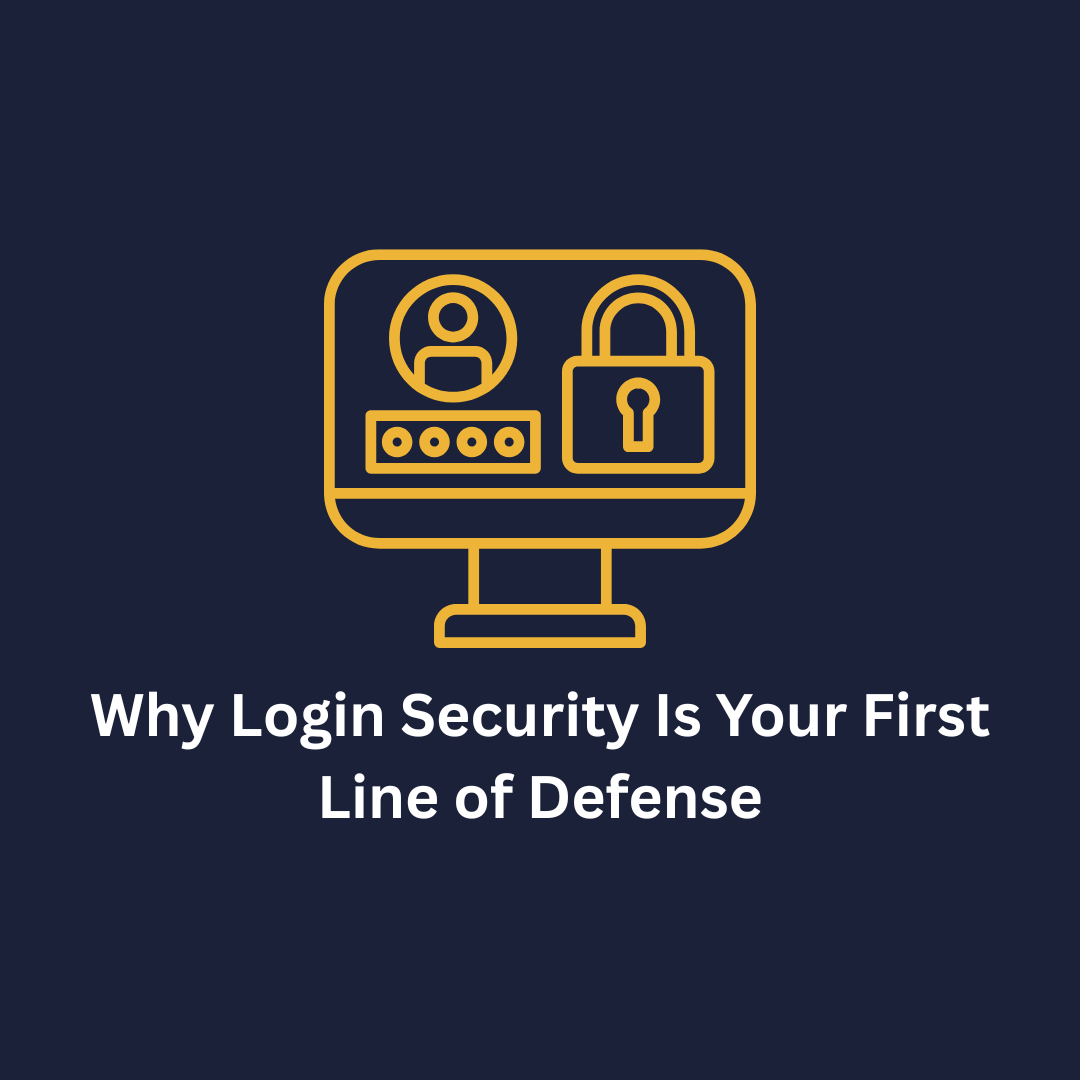
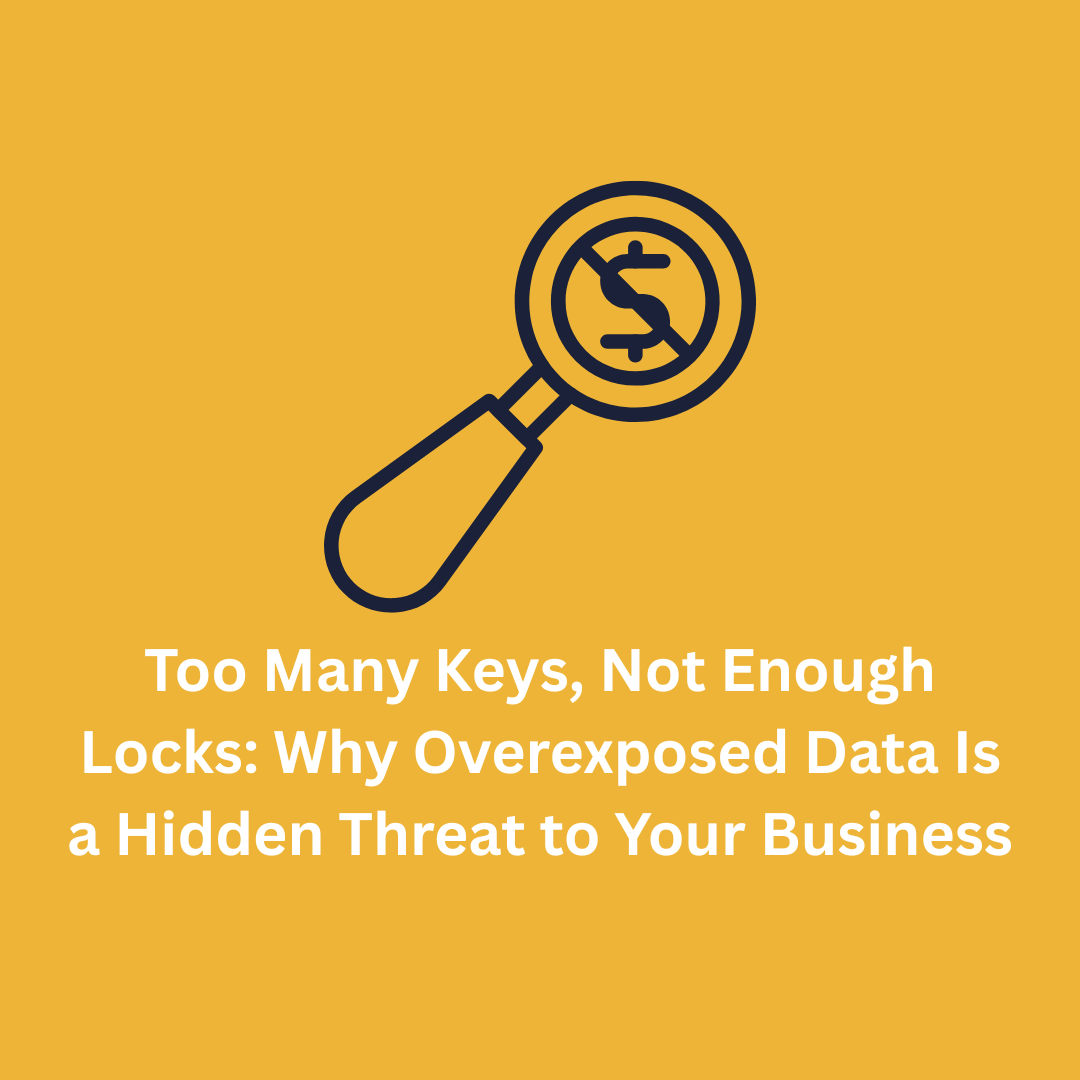
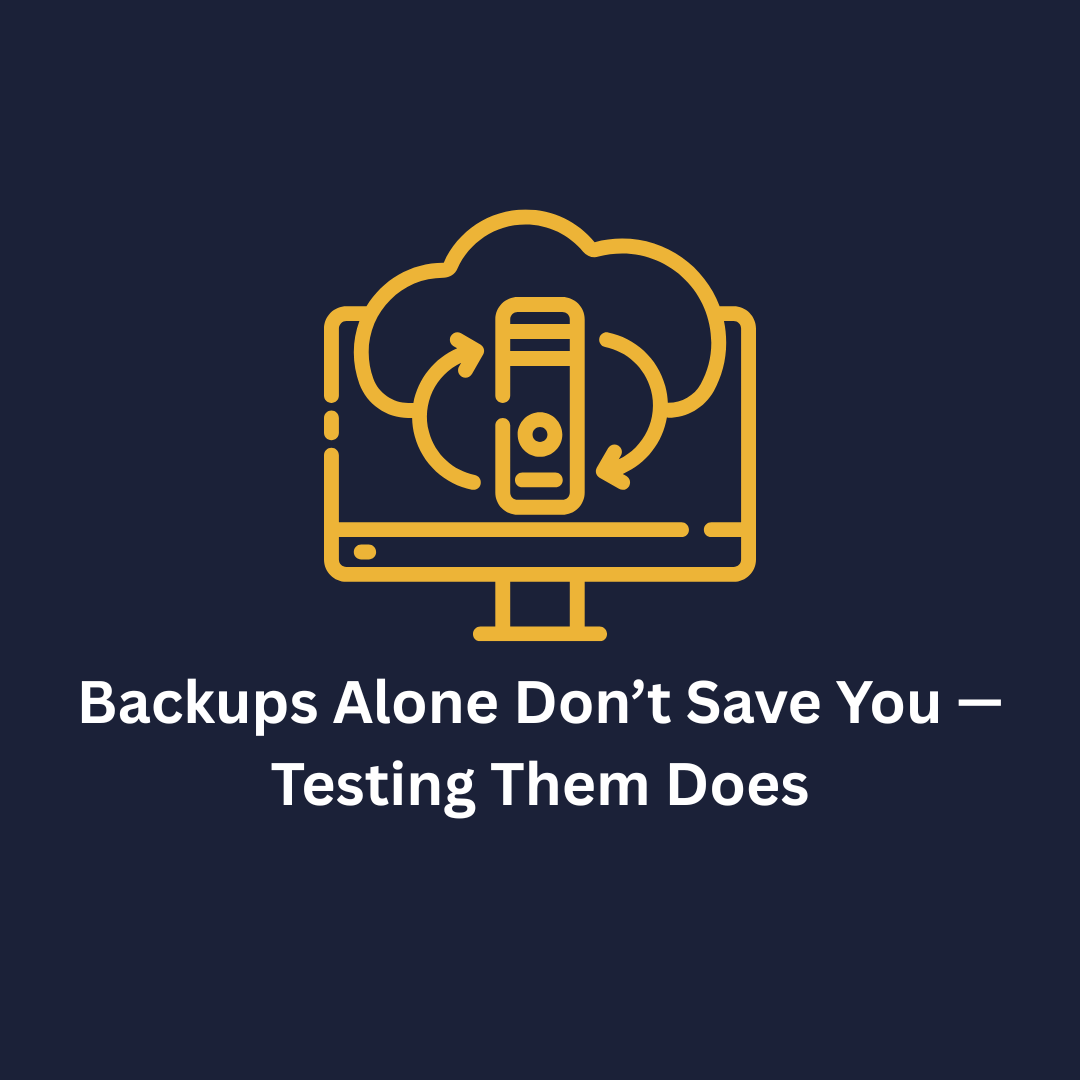
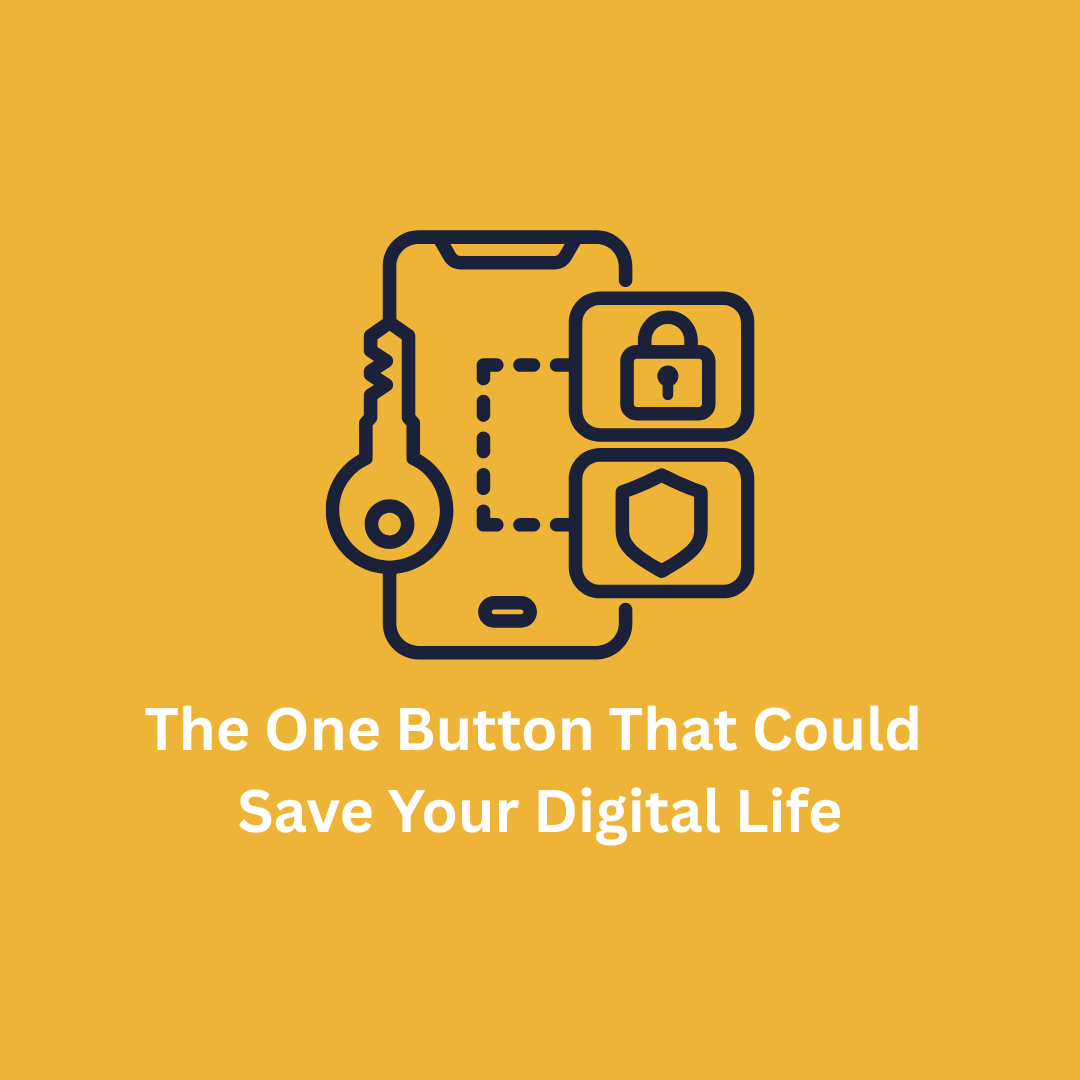
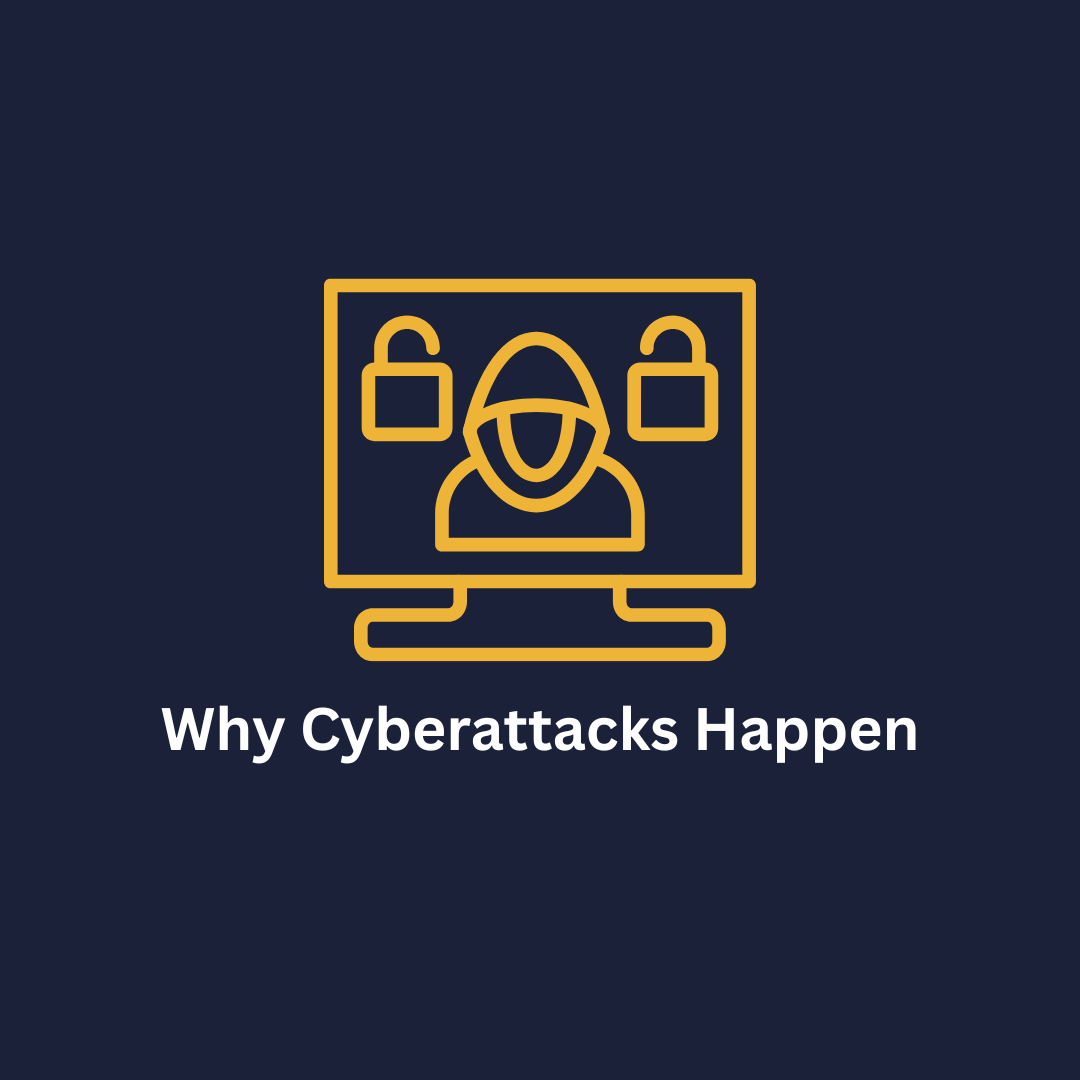

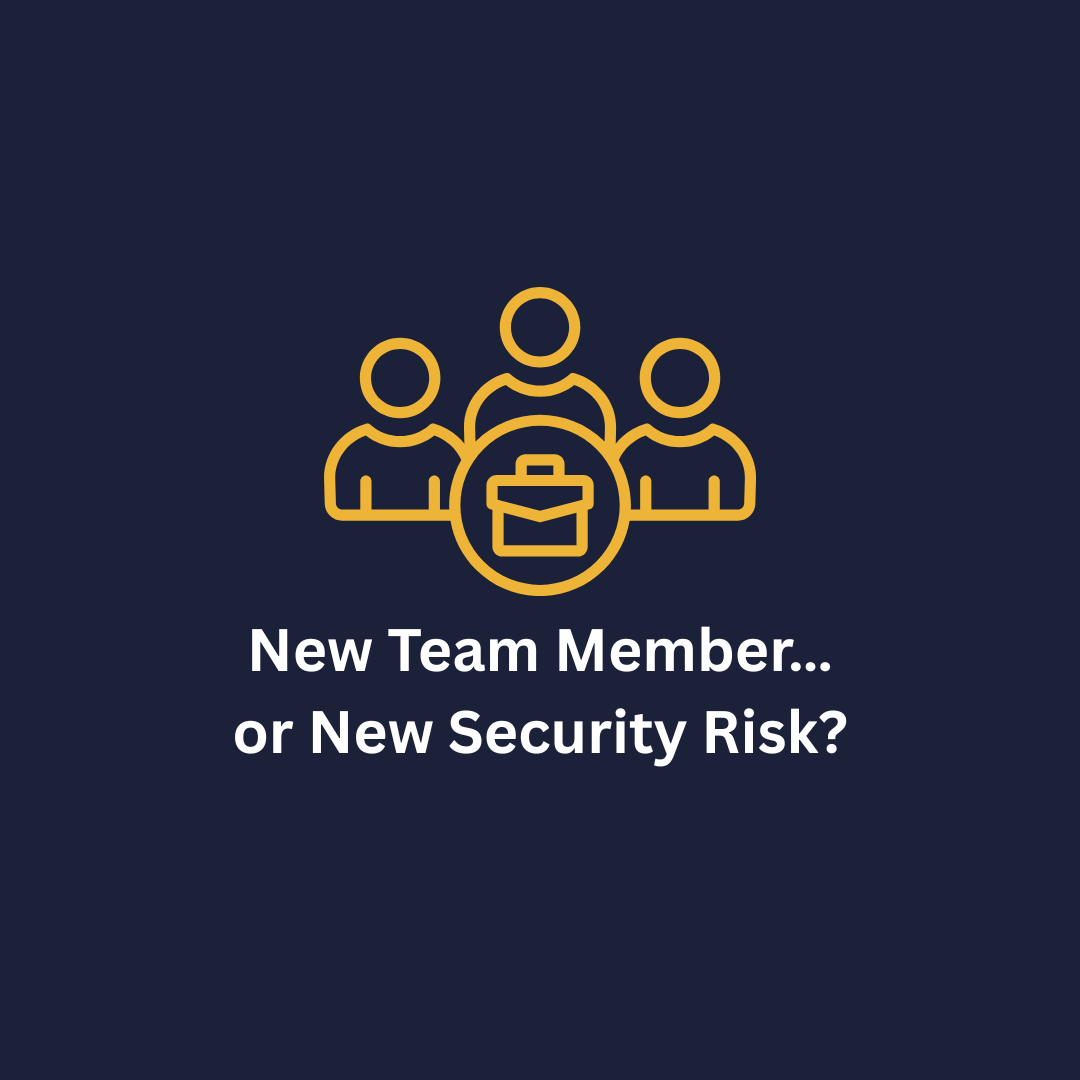
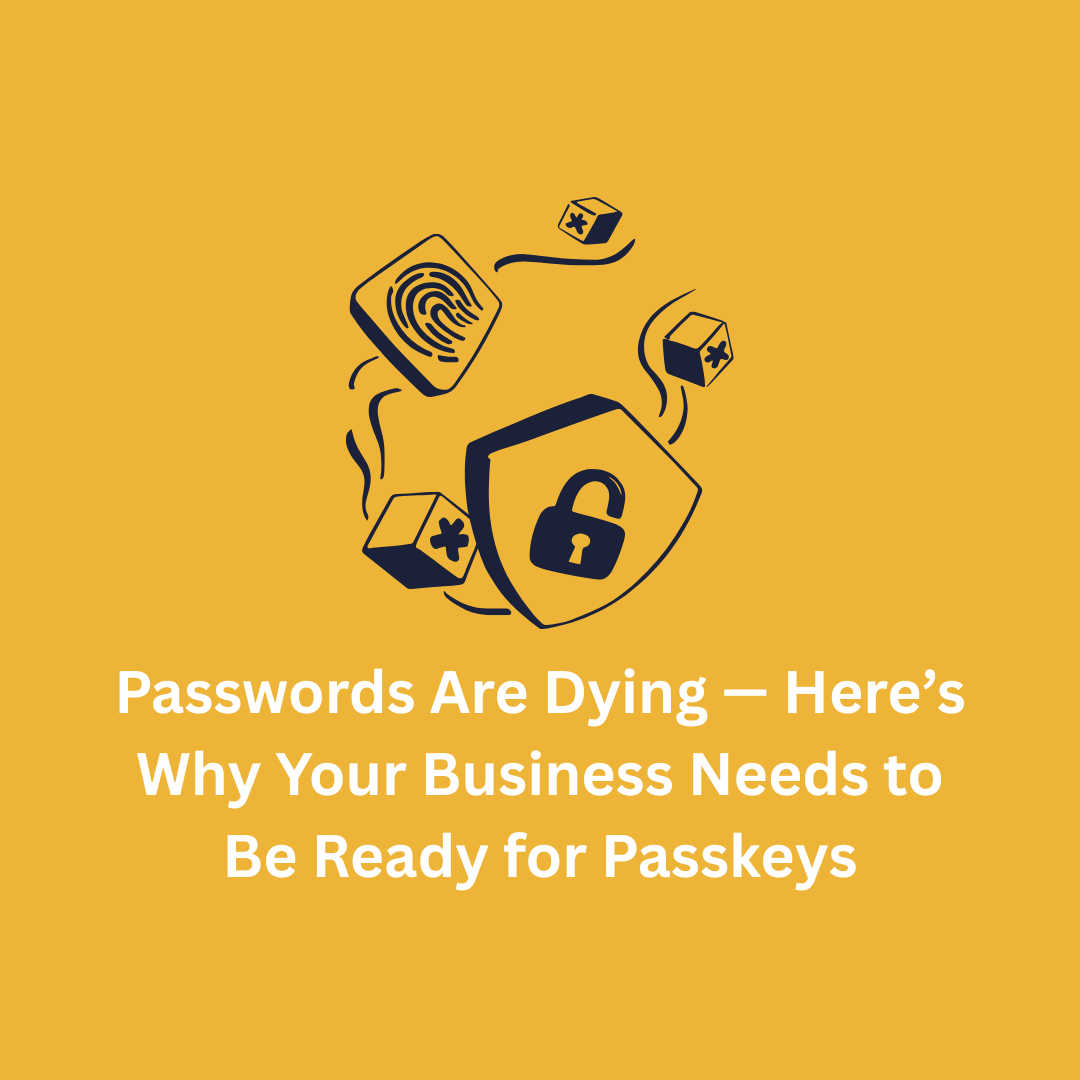
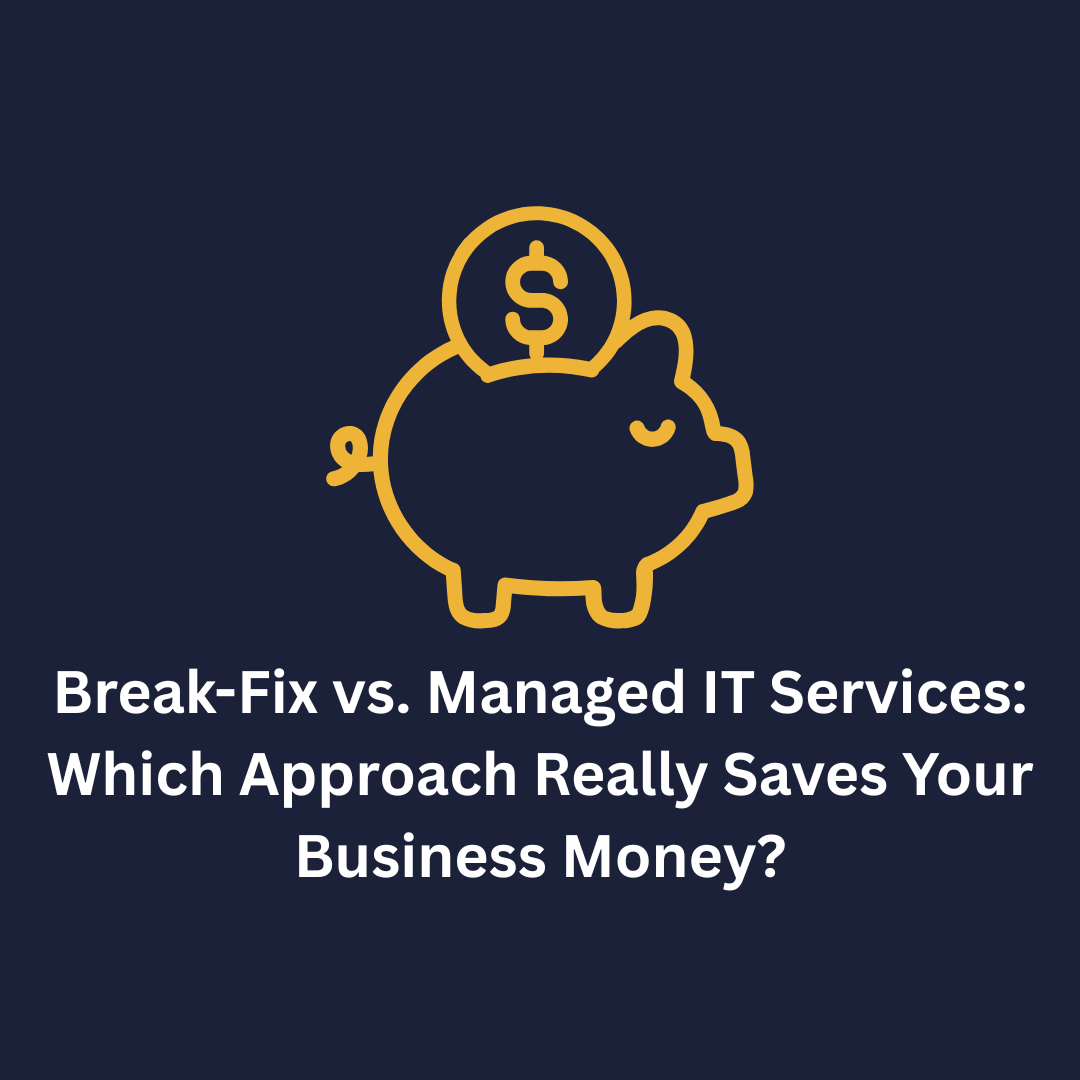



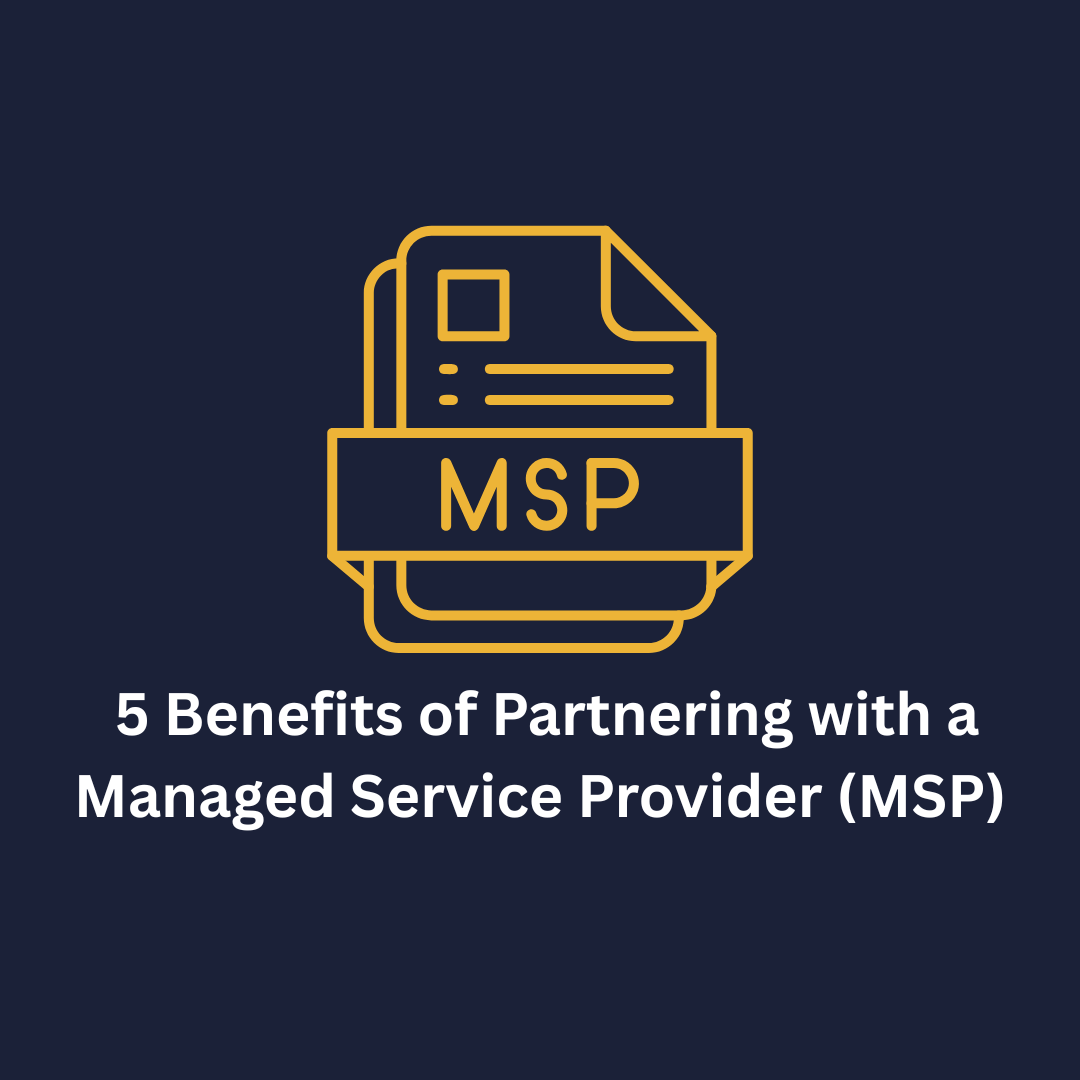
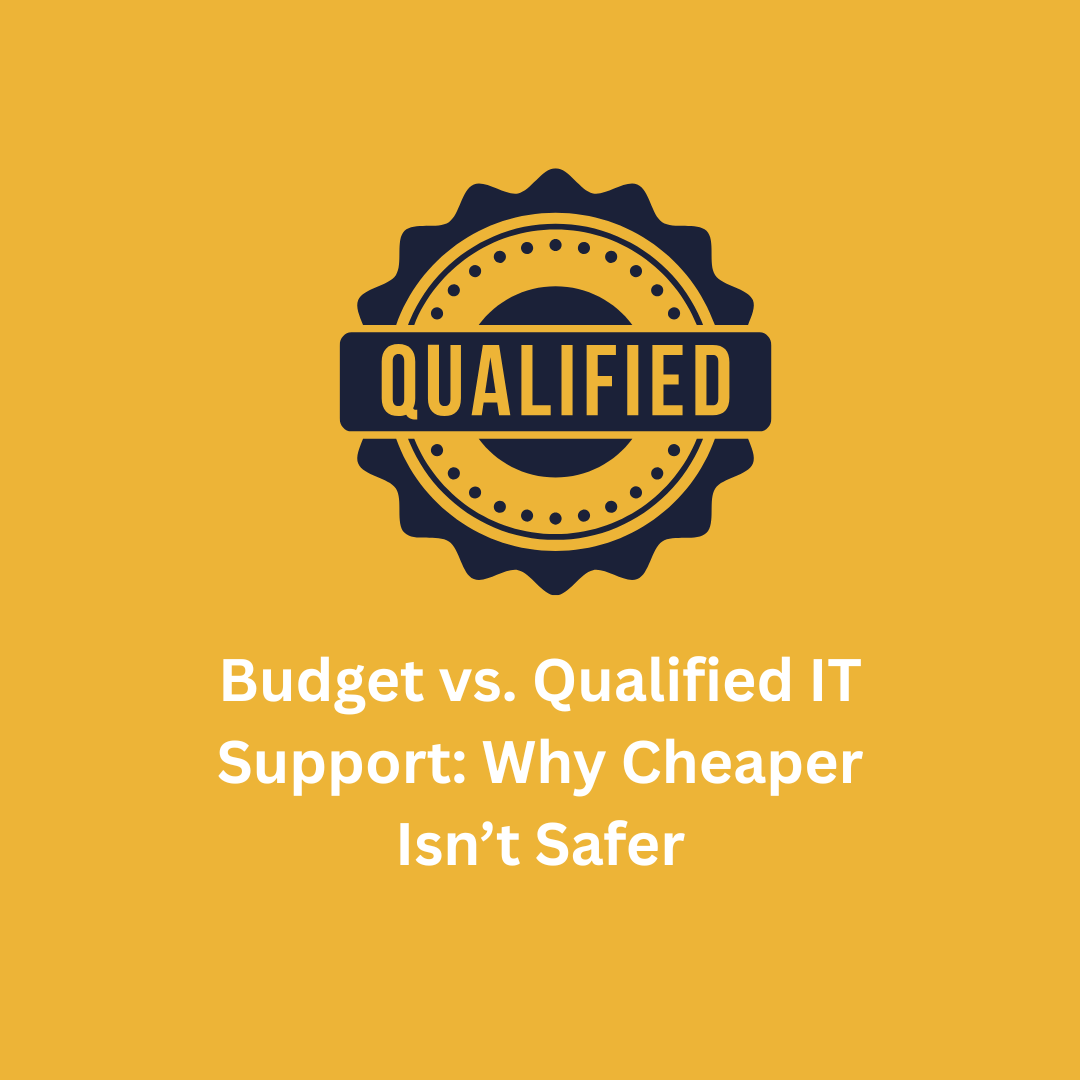


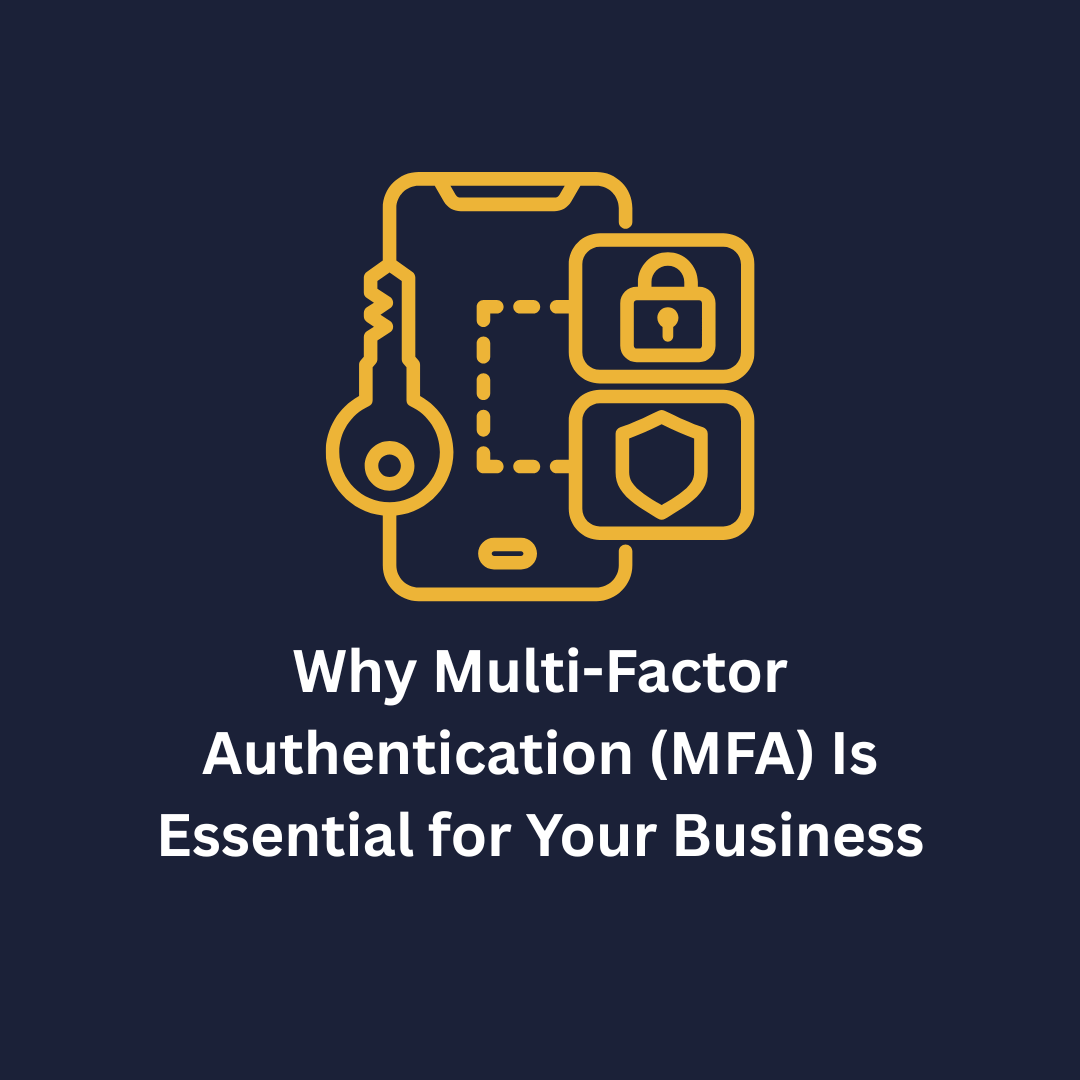
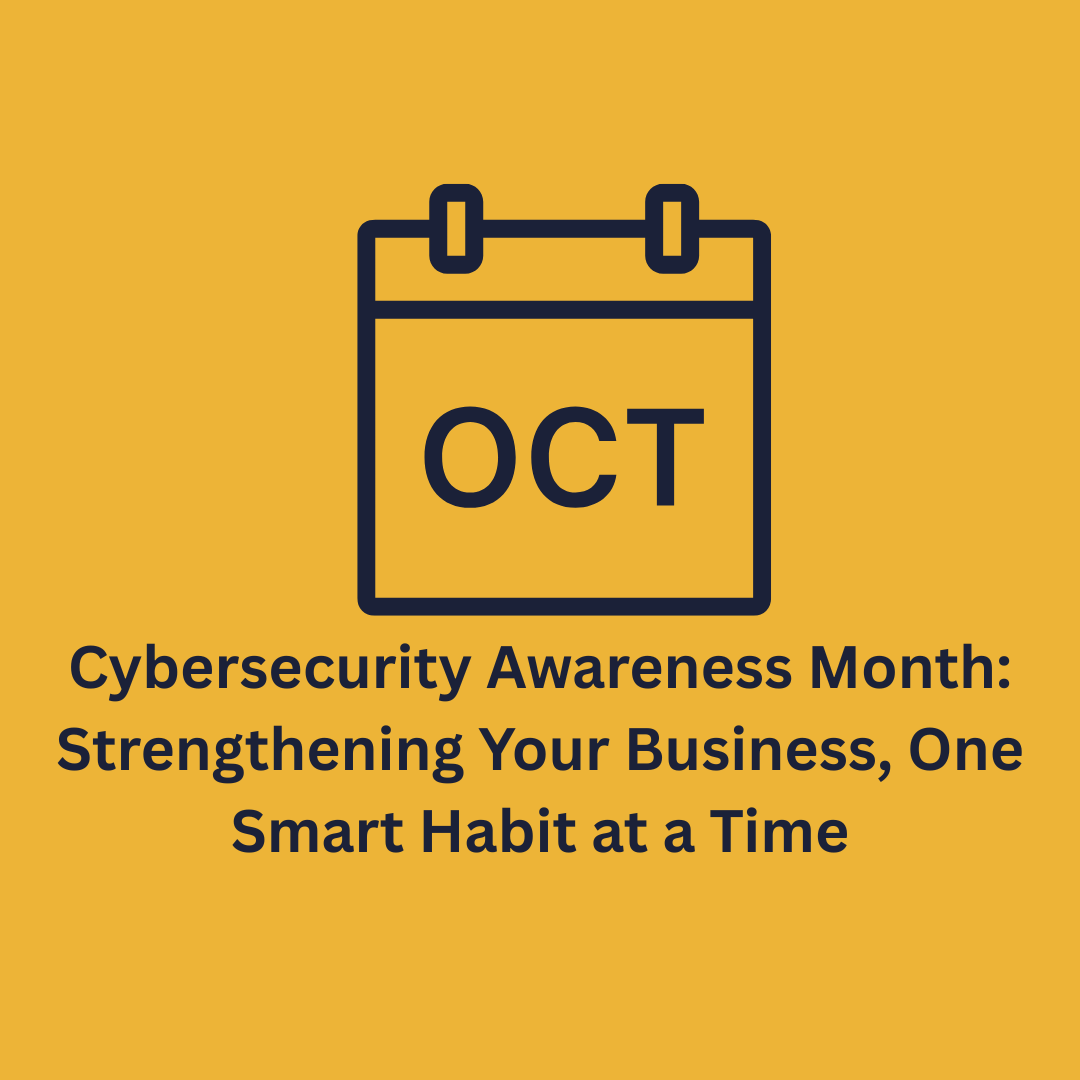
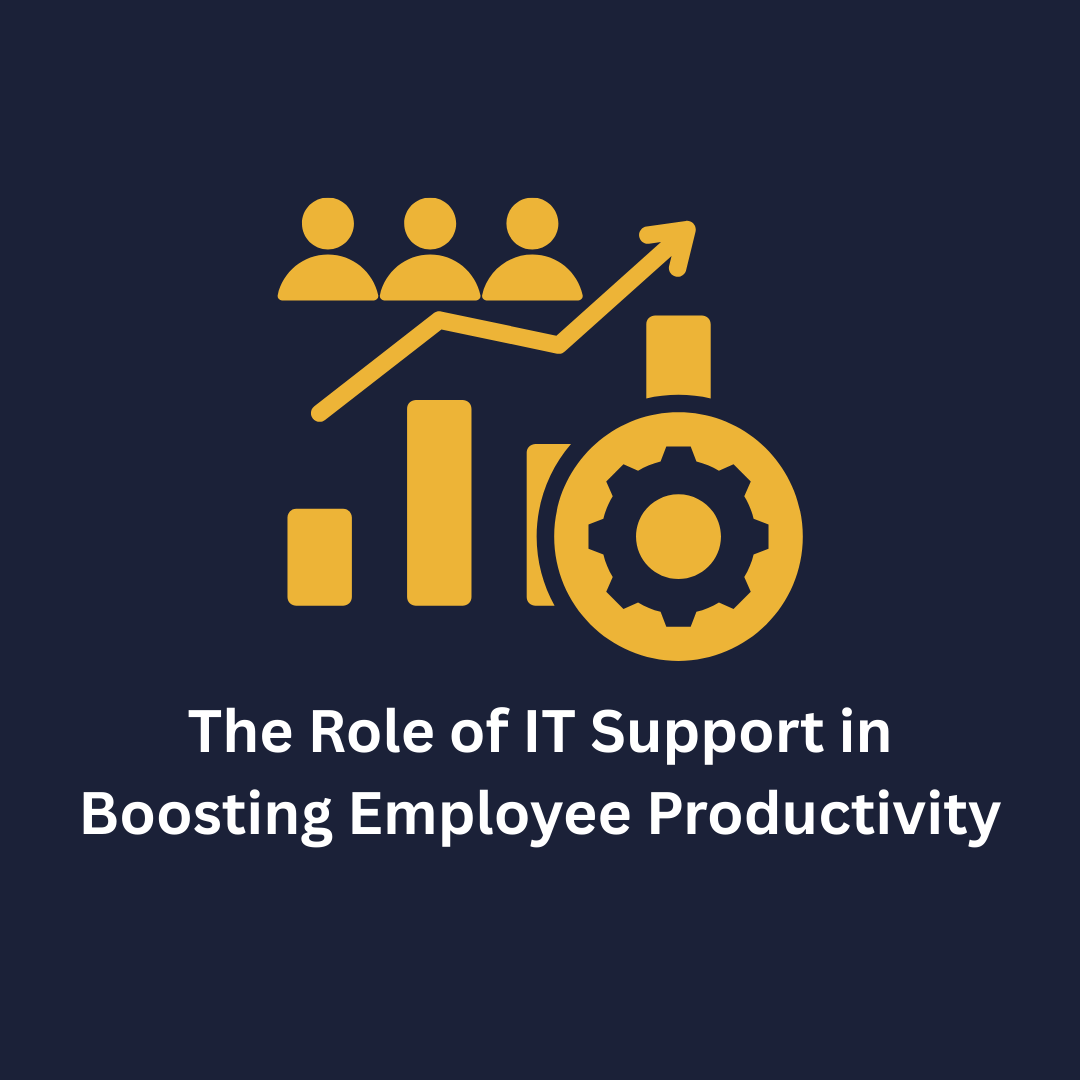
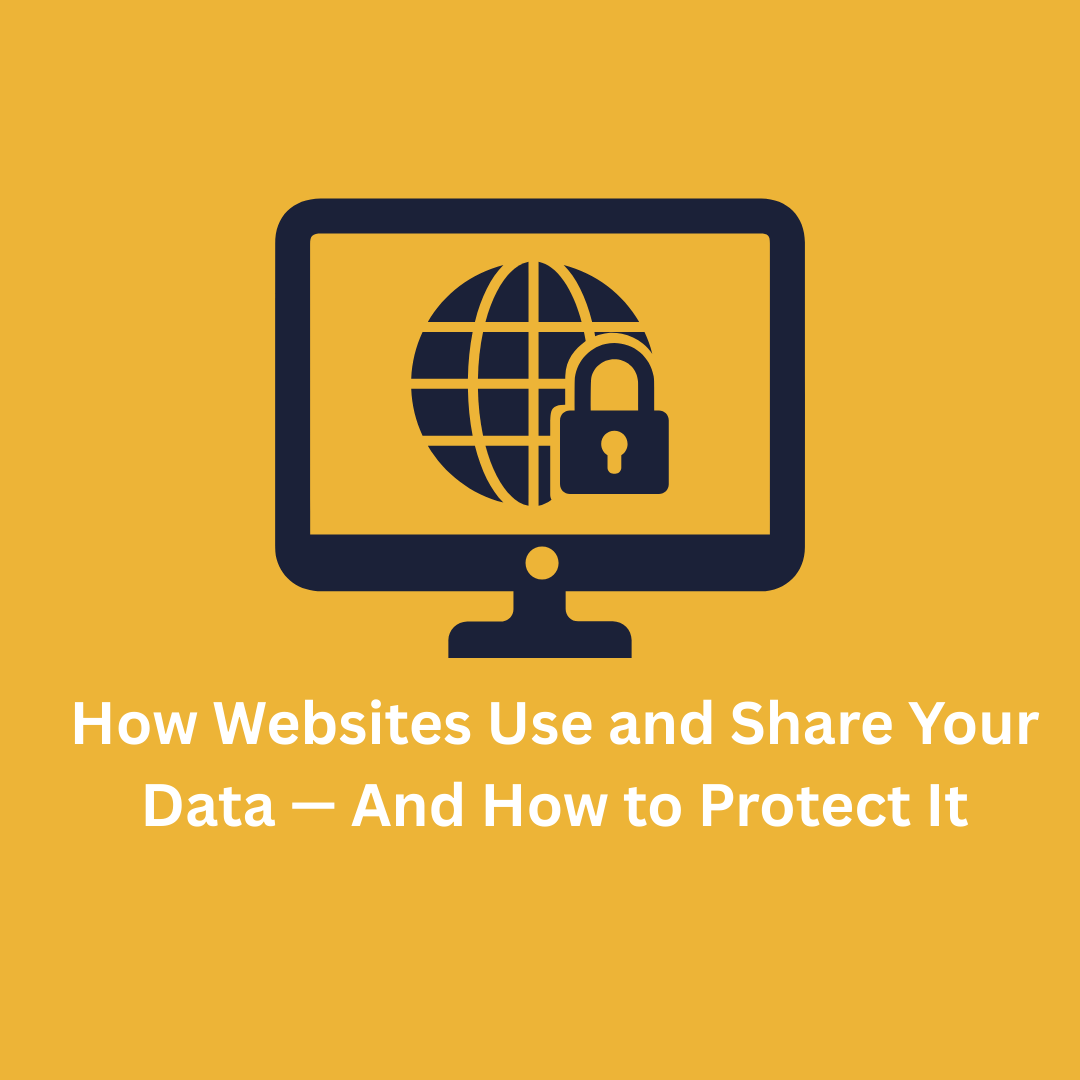


.png)

